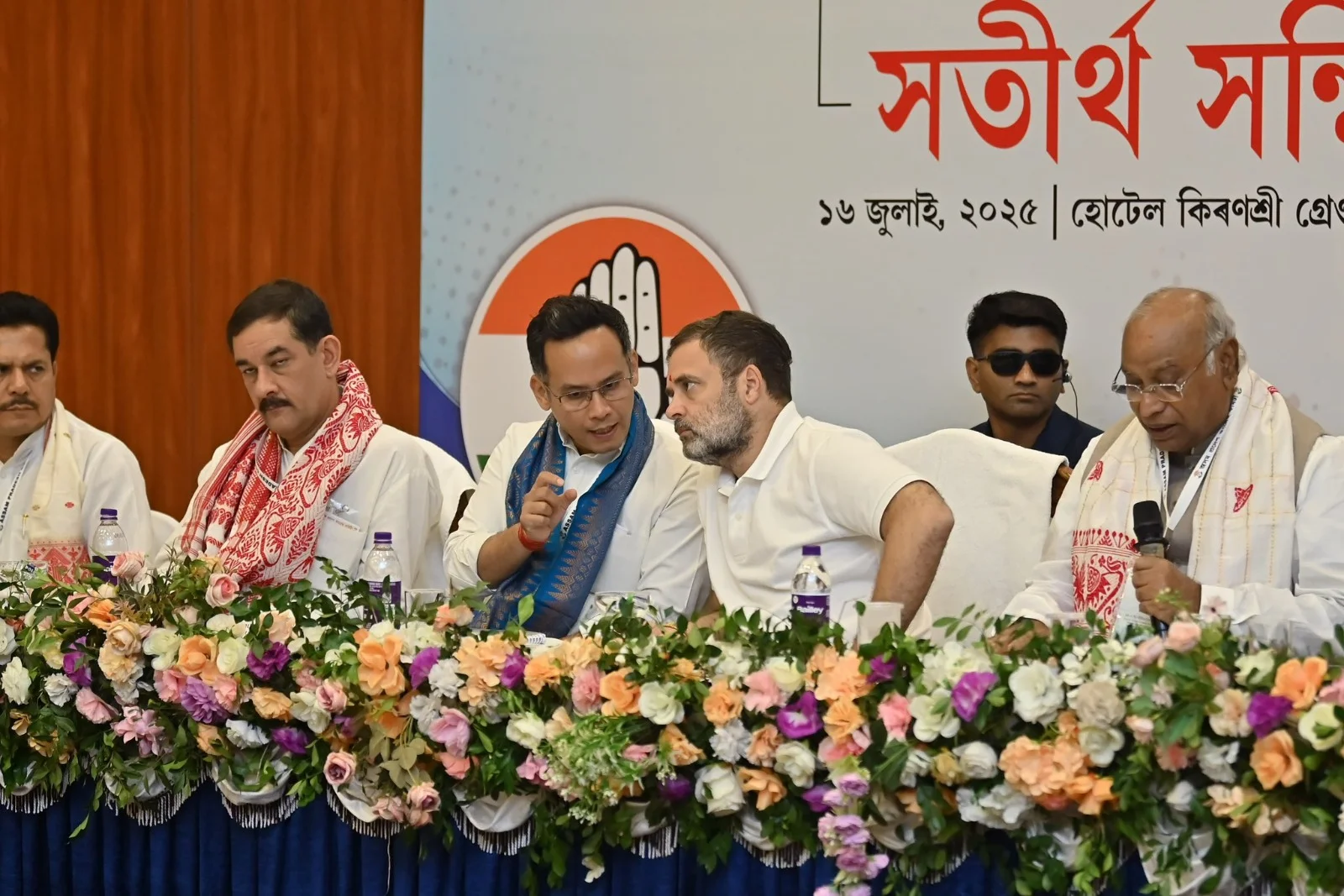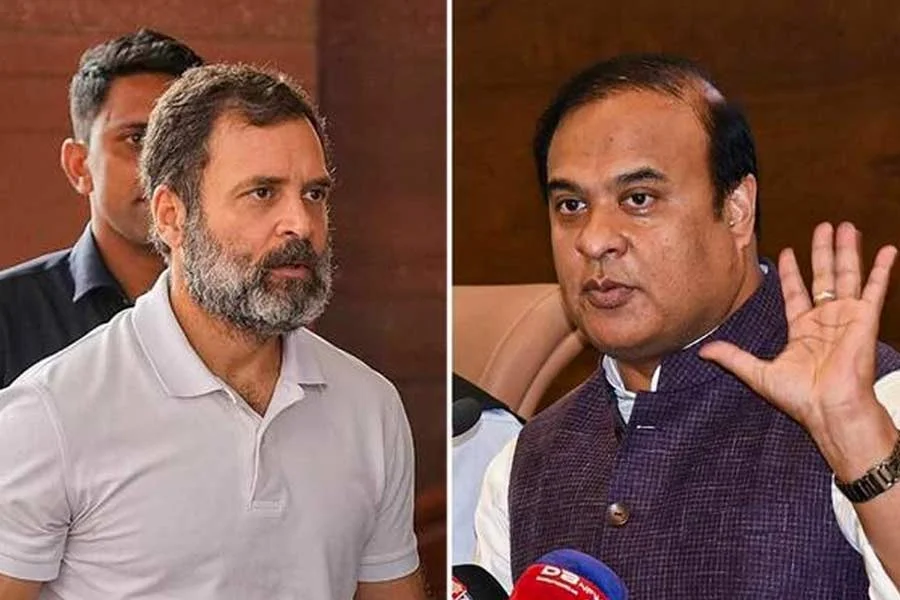Karnataka Chief Minister Siddaramaiah has ignited a vital national conversation, asserting that India’s democratic fabric remains incomplete unless the voices of its marginalized AHINDA communities are not just counted but truly heard. Addressing the AICC OBC Council meet in Bengaluru, the Chief Minister underscored a powerful message: the struggle for these communities extends far beyond mere reservations; it is a profound fight for dignity, recognition, and meaningful power.
Understanding the Imperative for AHINDA Rights
The term AHINDA, a Kannada acronym for Alpasankhyataru (minorities), Hindulidavaru (Other Backward Classes), and Dalitaru (Scheduled Castes and Scheduled Tribes), encapsulates a significant segment of India’s population. Siddaramaiah’s impassioned plea highlights that despite comprising a substantial majority, these communities often remain at the periphery of decision-making and benefit distribution.
- Beyond Numbers to Voices: The central tenet of Siddaramaiah’s argument is that democracy is not merely a statistical exercise. Counting people is insufficient; their aspirations, grievances, and contributions must actively shape policy and governance. This shift from passive enumeration to active listening is crucial for robust democratic health.
- A Fight for Dignity and Recognition: For AHINDA communities, the demand is rooted in their historical and ongoing struggle for dignity and recognition. It is a quest to overcome systemic disadvantages and ensure their rightful place in society.
Karnataka’s Legacy in Upholding AHINDA Rights
Siddaramaiah presented Karnataka as a pioneering state in the pursuit of social justice, detailing a historical trajectory of reforms aimed at empowering backward classes.
- Pioneering Reforms: From the Miller Committee in 1918, which first championed reservation policies, to the Havanur Commission in 1975, which laid a scientific foundation for backward class upliftment, Karnataka has consistently led the charge. The state’s OBC State Act in 1995 and the Kantharaj Commission in 2015, which surveyed 1.3 crore households, further exemplify this commitment.
- Allegations Against Obstruction: The Chief Minister criticized previous administrations, particularly alleging that the BJP withheld the Kantharaj report for four years, thereby impeding progress on social justice initiatives.
National Challenges to AHINDA Rights and Proportional Representation
The discourse extended to the national landscape, where Siddaramaiah pointed out disparities and challenges faced by AHINDA communities.
- Reservation Discrepancies: Despite OBCs making up 50% of India’s population, their representation in central government jobs stands at a mere 22%. This significant gap highlights a fundamental imbalance that undermines proportional representation.
- Systemic Barriers: High dropout rates in elite educational institutions, the impact of privatization, and lateral entries in government jobs further exacerbate the challenges for AHINDA youth, bypassing existing reservation frameworks. The Agnipath scheme was also cited as an example, offering only short-term prospects to OBC youth.
Path Forward: Empowering AHINDA Rights through Policy and Consciousness
Siddaramaiah outlined a clear roadmap for achieving genuine social justice and empowering AHINDA rights.
- Caste Census as a Constitutional Imperative: A comprehensive caste census is deemed a constitutional necessity to provide accurate data for proportional representation in all spheres—political, economic, and social.
- Expanded Support Systems: The call includes expanding educational and economic support through more hostels, scholarships, and skill development centers. It also advocates for reservations in the private sector, contracts, and promotions, ensuring a wider reach of affirmative action.
- Building Political Consciousness: Beyond policies, the Chief Minister emphasized the importance of fostering political consciousness among backward classes. This involves raising awareness about social realities, collective strength, and equal rights, ultimately fueling aspiration and long-term social transformation.
Criticism of Opposition on AHINDA Rights
The Chief Minister did not shy away from critiquing the BJP and Sangh Parivar, accusing them of ideologically opposing reservations while using slogans like “Sabka Saath-Sabka Vikas” (Together, for everyone’s growth) as mere rhetoric. He argued that their discomfort with caste-based data and representation has denied rightful opportunities to marginalized groups.
- Symbolism vs. Structural Change: Siddaramaiah asserted that the approach of projecting token OBC faces by the Sangh Parivar is not to empower communities but to mask inherent exclusion, indicating a need to move from symbolism to structural transformation for true AHINDA rights.
Echoing Congress leader Rahul Gandhi’s principle of “Jitni aabadi, utna haq — as much population, that much right,” Siddaramaiah stressed that this principle lies at the heart of democracy and is what the Congress party will tirelessly fight for, cementing the importance of AHINDA rights in India’s democratic future.
Discover more from RastriyaSamachar24x7
Subscribe to get the latest posts sent to your email.




